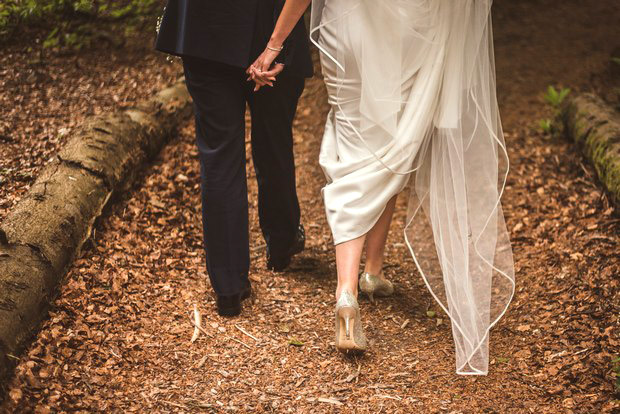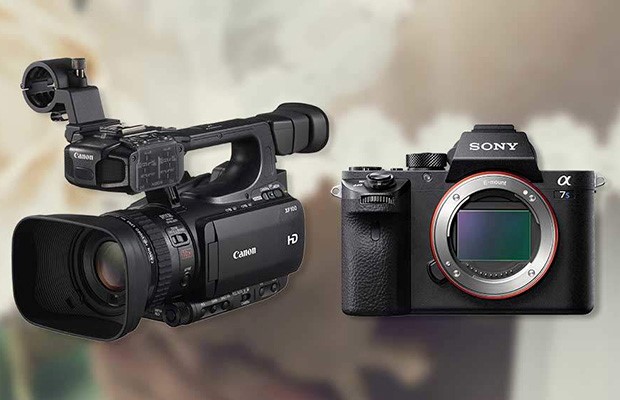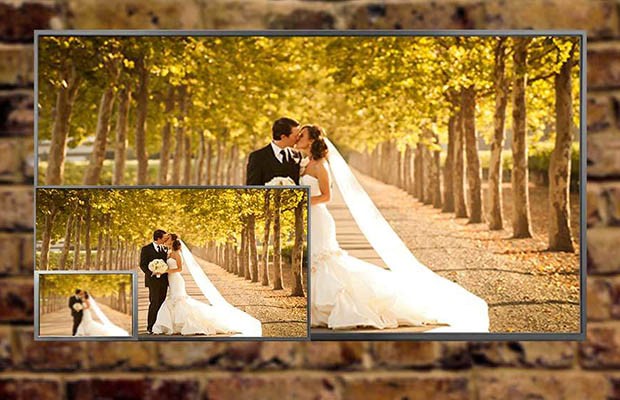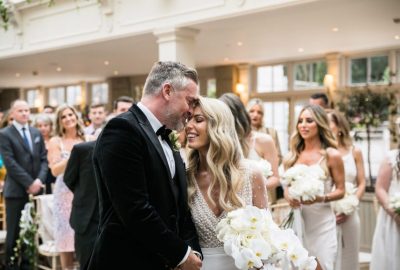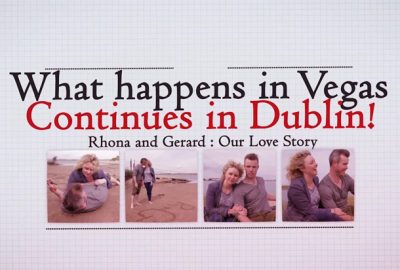We can’t stress enough what an amazing investment a wedding video is – there is nothing quite like getting to watch back your very own wedding day once the celebrations have been and gone, reliving all the action! But how much do you need to budget for a wedding video? We enlisted the help of Rowan Gallagher from Kaper Video who talks us through how much a wedding video costs and why. Over to Rowan…
The most common enquiry every wedding video supplier gets; ‘Are you available on X date and how much does your wedding video cost.’ It’s a reasonable question, but a price is built up of many factors and no two videographers offer an identical service or have the same style.
The average couple in 2018, who gets married in Ireland, spends €26,015 overall with €1,283 of that going towards the wedding video cost, according to a survey by weddingonline.ie in early 2018. The minimum you’ll likely pay is €800-900 and the higher-end videographers will be €2,000+.
Weddings videos cost what they do for a good reason. The best advice is to watch the samples and check availability of two or three that seem within budget. Want a wedding video that’s better than average? You will likely need to budget more than the average price for it. There are a few things that contribute to the price.
Number of videographers
Delivering a great wedding video is possible with just a single shooter, however there are many advantages to having two or more available, similar to having two photographers – but as you can imagine that comes at a premium.
Traditional or cinematic
Cinematic wedding videos are becoming more and more popular, usually require more expertise and time to produce. This, of course, comes with a price premium.
Hours of coverage
Arguably, the next biggest factor for wedding video cost is the length of coverage, couples don’t usually realise, but staying until the first few dances usually means a number of hours waiting around, especially if speeches are before the meal. A full day, from prep in both houses to the first few dances is usually 12+ hours of coverage.
Cinematic vs Traditional
Left: camcorder | Right: mirrorless camera
It’s hard to describe with 100% accuracy the general difference between a cinematic and traditional videographer. Each supplier has a very different style and taste plus some are in a middle ground while transitioning from the traditional production to something more cinematic.
Traditional
- Generally shoot on camcorders (but not always)
- Give a chronological blow by blow account of the day
- Videos are usually longer, 1.5 hours +
- The entire video is usually in focus all the time (large depth of field)
- Usually cheaper but not always
Cinematic
- Shoot on DSLRs or mirrorless cameras or even higher end cameras with interchangeable lenses (similar to the type and size of a photographers camera)
- May tell a story with the day using audio to drive the narrative and not necessarily in chronological order
- Some portions of the video will intentionally have out of focus areas (shallow depth of field)
- Can be more expensive
Cheat-sheet to get the best from your video
From left to right, the comparative resolution of a DVD vs HD vs UHD 4k
– Get a USB not a DVD – DVD is a low resolution format which is far below the current standard resolution for video. Go for HD at least and get a USB or download of you video
– Pick up the microphone even if you think the crowd can hear you
– Don’t pace around when making your speech
– Have the speeches before the meal
– Say something heartfelt in the speeches, it helps with the narrative
– Tell your videographer if there is a big set piece happening i.e. you’re doing a gift exchange or your father is on the way and about to see you for the first time in your dress
– Tell your guests to avoid photos during ceremony and speeches
– Have fun and forget the videographer is there!
– Everyone has 5-star reviews across the board, samples are the best way to pick a videographer
– Your friend’s taste in wedding videos may be very different to yours, so always watch samples
– If you can afford it, have a team of two videographers to capture all the angles and moments
– Let your videographer choose the music
– Don’t ask to use unlicensed music as it is illegal
Main photo from Oriel & Niall’s real wedding by Emma Russell Photography
